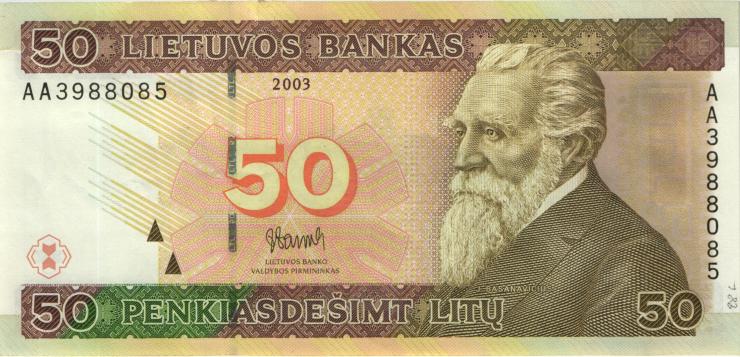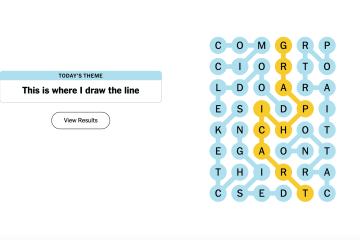Lithuania: A Rising Player in European Dynamics

Introduction
Lithuania, a small yet dynamic Baltic state, has been making headlines for its rapid economic growth, rich cultural heritage, and strategic significance in European and global affairs. With its vibrant cities, stunning landscapes, and progressive values, Lithuania is increasingly recognized as a key player in shaping the future of Europe.
Current Economic Landscape
In recent years, Lithuania’s economy has demonstrated resilience and growth, rebounding strongly from the impacts of the COVID-19 pandemic. As of 2023, the nation reported a GDP growth of 4.5%, with a surge in sectors such as technology, manufacturing, and services. The government has actively supported innovation, resulting in Vilnius emerging as a notable hub for startups and tech companies. Major international firms have taken notice, leading to increased foreign investment and collaboration.
Cultural Heritage and Tourism
Lithuania’s rich cultural heritage is also a significant attractor for tourism. The capital, Vilnius, boasts a UNESCO World Heritage site with its well-preserved medieval architecture, including the stunning Vilnius Cathedral and the historic Old Town. In recent years, the country has pivoted to promote sustainable tourism, drawing in visitors interested in its lush landscapes and natural parks. Notable destinations include the Curonian Spit, a unique sand dune peninsula, and Trakai Castle, a picturesque island castle that showcases Lithuania’s medieval past.
Global Significance
Lithuania plays a crucial role in global affairs as a member of both the European Union and NATO. Positioned strategically between Poland and Latvia, it serves as a critical link in regional security initiatives. The nation has been actively involved in discussions about energy security and defense, particularly in relation to the ongoing geopolitical tensions with Russia. As a result, Lithuania has strengthened its army and has been instrumental in advocating for a robust European defense policy.
Conclusion
Looking ahead, Lithuania’s trajectory suggests a continued rise as a modern European hub marked by economic resilience, cultural vibrancy, and geopolitical importance. As it navigates challenges and seizes opportunities, Lithuania remains central to discussions on the future of Europe and its integration within the global community. For readers and potential investors, keeping an eye on Lithuania is imperative as it evolves into a significant player on the European stage.








